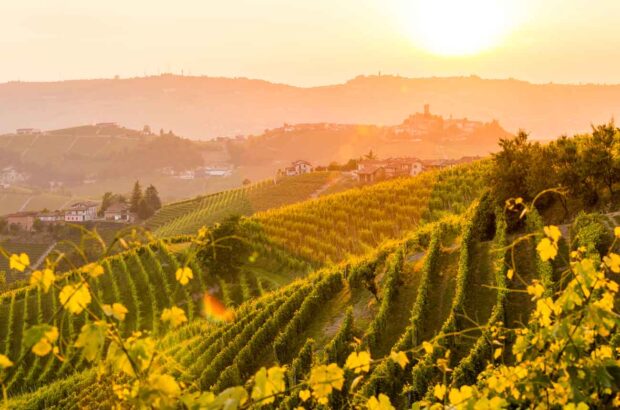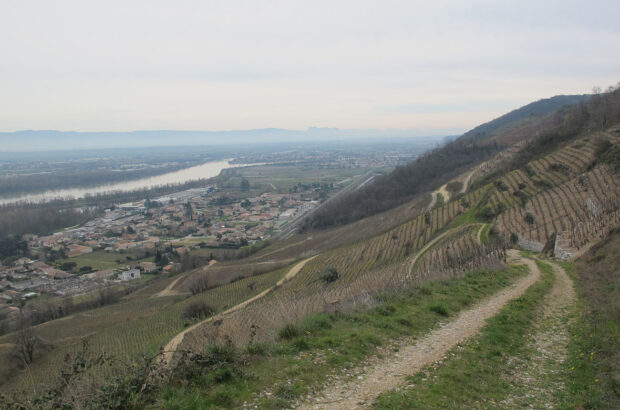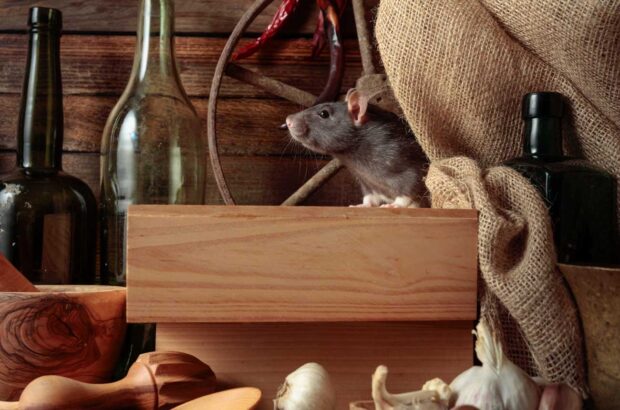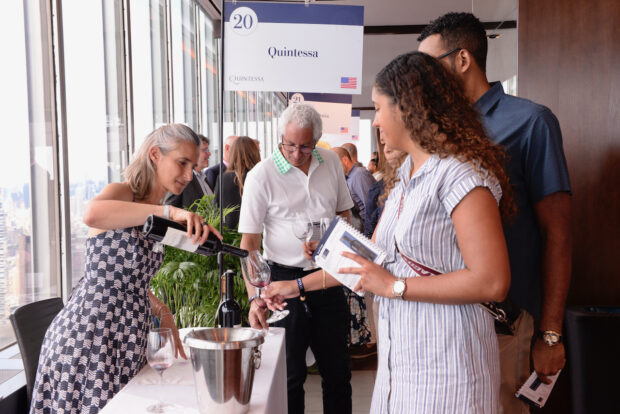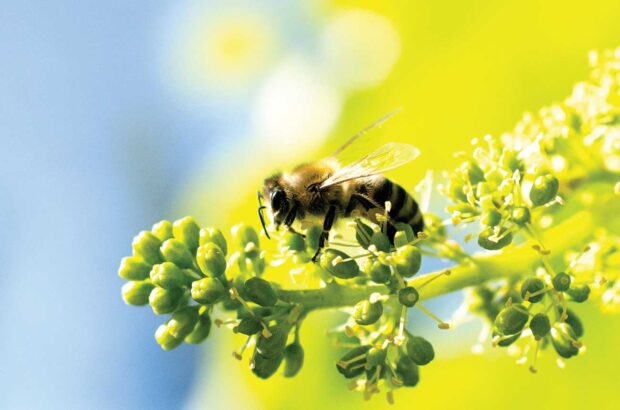'To deny Robert Parker a plac in the Vintners Hall of Fame is a felony'
Robert Parker got a raw deal – and from his American mates, no less. He has been denied entry to the Culinary Institute of America’s Vintners Hall of Fame, which honours those who have contributed greatly to the California wine scene. Parker’s omission is egregious, smacking of professional jealousy.
Voting for the Hall of Fame is by acclamation. From a list of candidates compiled by a nominating committee, voters cast yay for as many candidates as they wish; those with the most votes get into the Hall of Fame. I’m one of some 70 HoF voters, a pool comprised largely of media, some important trade representatives and past inductees.
Robert Mondavi, naturally, was a member of the first class, inducted in 2007, as well as Charles Krug. Since then, such luminaries as Andre Tchelistcheff, Jack and Jamie Davies of Schramsberg Vineyards, Ridge Vineyards’ Paul Draper, Ernest and Julio Gallo, Warren Winiarski of Stag’s Leap Wine Cellars, Jess Jackson, Louis P Martini, Bonny Doon’s Randall Grahm, and a handful of UC Davis professors, have been elected, and rightly so.
Yet Parker is 0-for-2, not receiving enough votes in his nominated years of 2010 and 2011. It’s not that wine writers aren’t welcome in the Hall of Fame; Brit Gerald Asher, longtime wine columnist for Gourmet magazine and a sublime wordsmith, was elected in 2009. Leon Adams, the dean of wine historians in the US, made the club in 2010.
I voted for Asher and Adams, and also for Parker. I may not embrace Parker’s 100-point scale (used by many US wine publications, including Wine Spectator and Wine Enthusiast magazines), and I don’t often agree with Parker’s palate. Yet it’s undeniable that Parker catapulted many California wines to the international stage, and brought recognition to small producers who might otherwise have become lost in the shuffle of 3,000-plus Californian wineries.
Many Californian wine producers gained elite status after Parker favourably reviewed their wines. Some might have languished without such support and gone out of business. Retailers and restaurateurs use his 90-pointplus numbers to sell wine, and while I don’t condone this – tasting for one’s self and thinking about food matching is always the best route tobuilding a wine list – Parker’s numbers compelled many US restaurants to put serious wines on their lists, backed by the confidence that he endorsed them.
That Parker’s scores have been embraced by the US trade and well-heeled consumers should not be held against him. He tastes wines and tells the world what he thinks of them. Take it or leave it. Parker has strongly stated, in print, his preferences for certain wine styles, and whether you agree with him or not, he stands by his impressions. They may have very different palates, but Parker and Decanter’s own Michael Broadbent are very much alike, in that they state their cases emphatically. Isn’t that what wine critics should do?
Parker’s influence on the winemaking and selling of California wines cannot be ignored. His voice on the wines of Bordeaux is a topic best left to my Decanter colleagues in the UK and Europe. But it’s not Parker’s fault that some vintners create wines to suit his palate, so as to achieve high scores. He isn’t to blame for retailers and sommeliers using his scores to sell wines, without ever tasting them. The wine trade has elevated Parker to his power position, using his words as a shortcut to marketing wines in the easiest way possible. Why taste a wine in one’s shop or restaurant,when Parker points will sell the wine for you?
To deny Parker a place in the Vintners Hall of Fame is a felony, no matter where one stands on the
man. Love him or not, there is no denying his influence. Those who did not vote for Parker for the 2011 Hall of Fame likely resent his power, or wish they were him. Perhaps they despise the 100-point system, or that their personal preferences in wines are diametrically opposite to Parker’s. Maybe by not voting for him, they felt better about themselves.
Parker was robbed by the Hall of Fame voters. His impact on the Californian wine scene is undeniable,
whether one appreciates that impact or not. Ernest and Julio Gallo, elected to the HoF in 2008, had as many enemies as they did friends, yet their contribution to Californian winemaking and their focus on producing wines that consumers could embrace are legendary. It’s the same with Parker. His mark on the Californian wine landscape is indelible, whether HoF voters want to recognise it or not.
So who finished ahead of Parker in the 2011 voting? Joel Peterson, co-founder and winemaker at Ravenswood Winery in Sonoma; Bob Trinchero of Sutter Home Winery/Trinchero Family Estates in Napa Valley (and inadvertent creator of white Zinfandel); August Sebastiani of Sebastiani Wineryn Sonoma; professor Vernon Singleton of UC Davis, and Richard Graff of Chalone Vineyard. Worthy Hall of Famers, all, yet the rejection of Parker is a black mark on the process. I’ll vote for him next year, and the year following, and the years after that, if his exclusion continues. Do I drink Parker’s highly-rated wines? Rarely. Do I respect the man? Indeed.
Written by Linda Murphy


